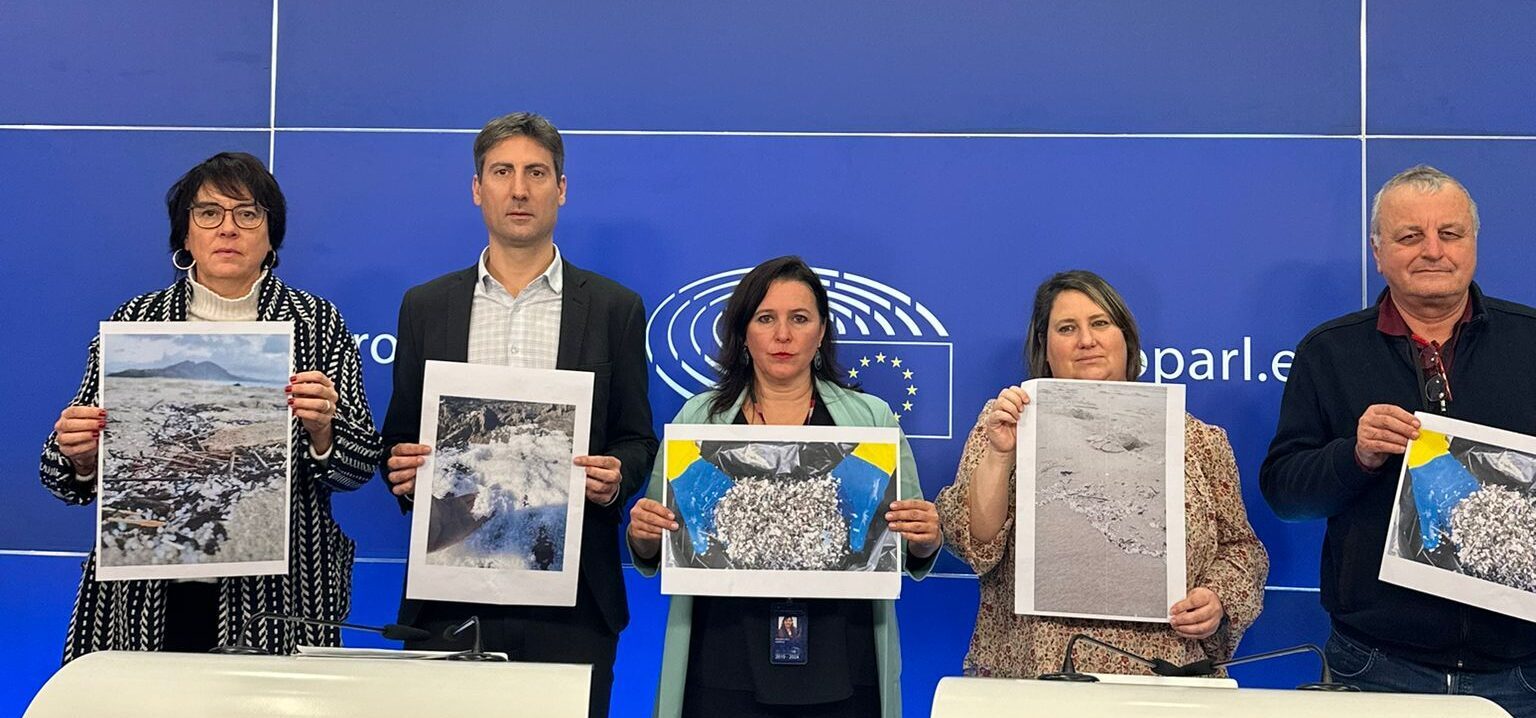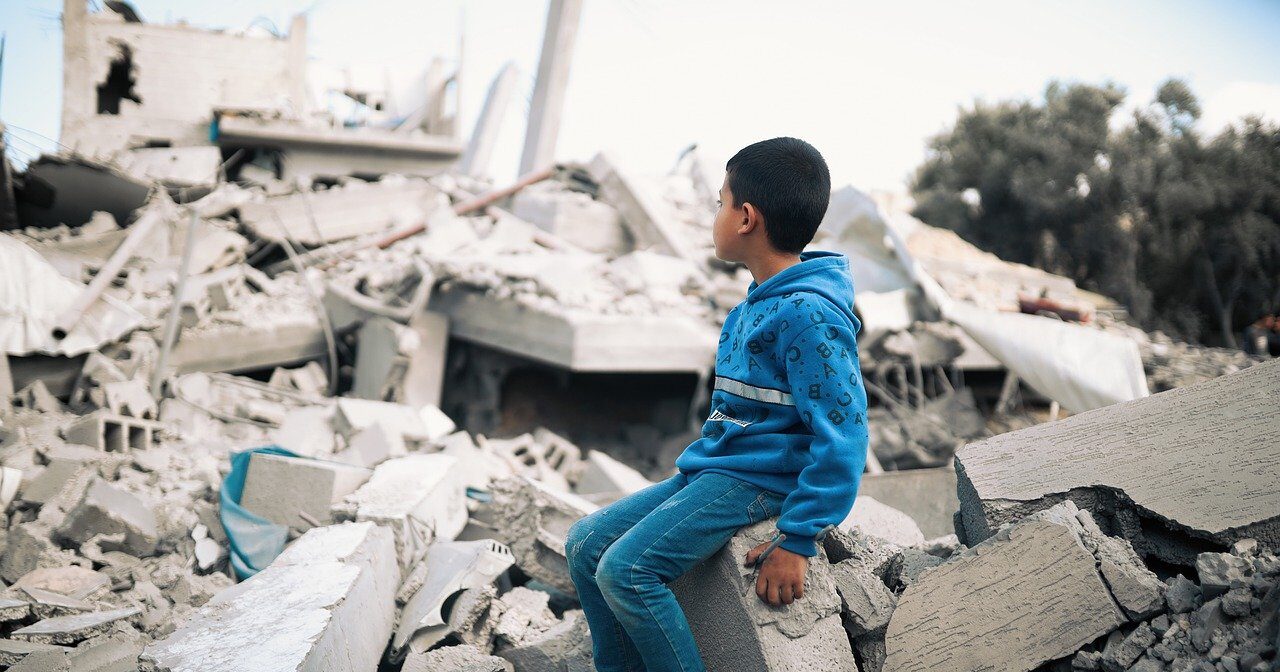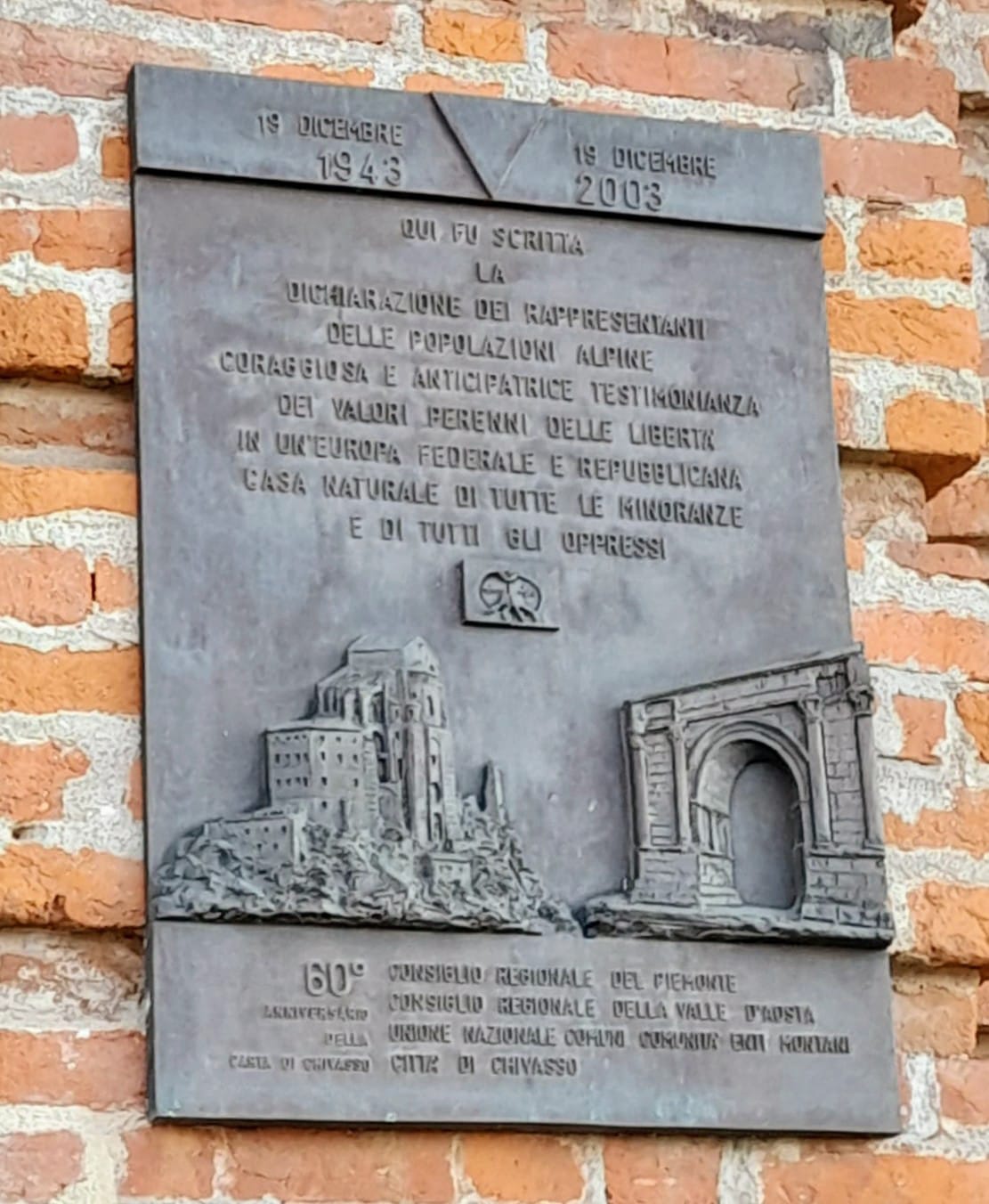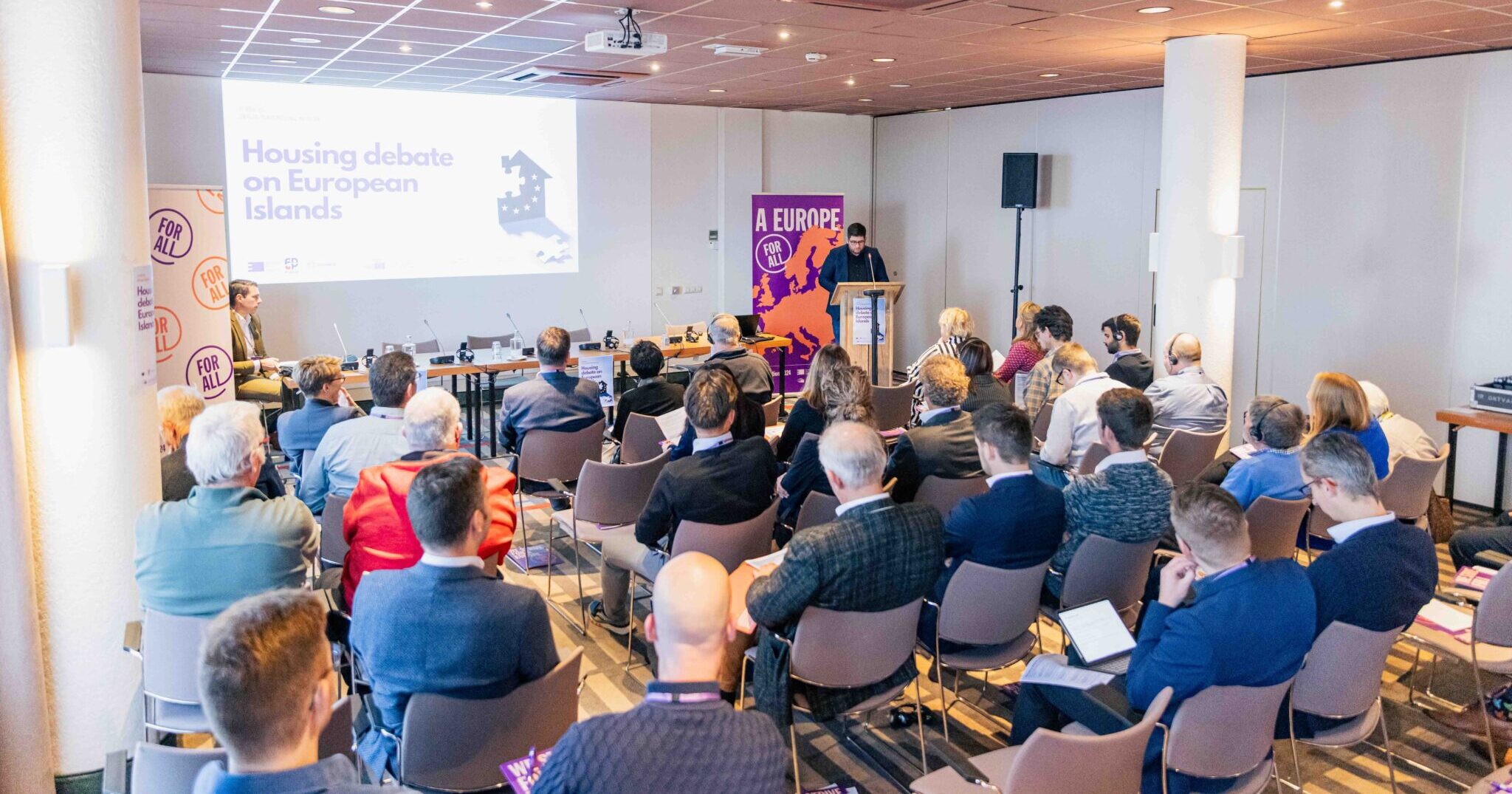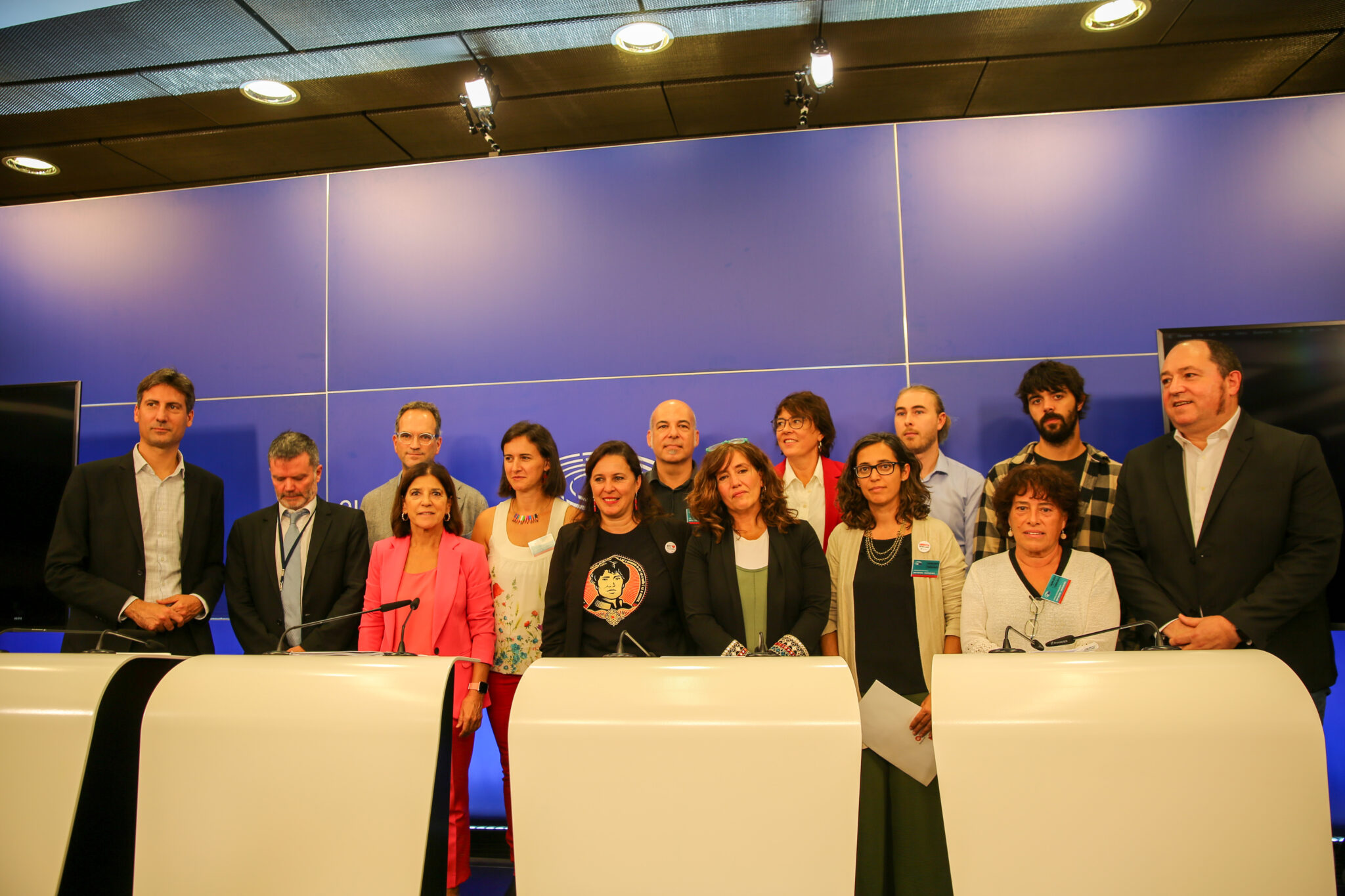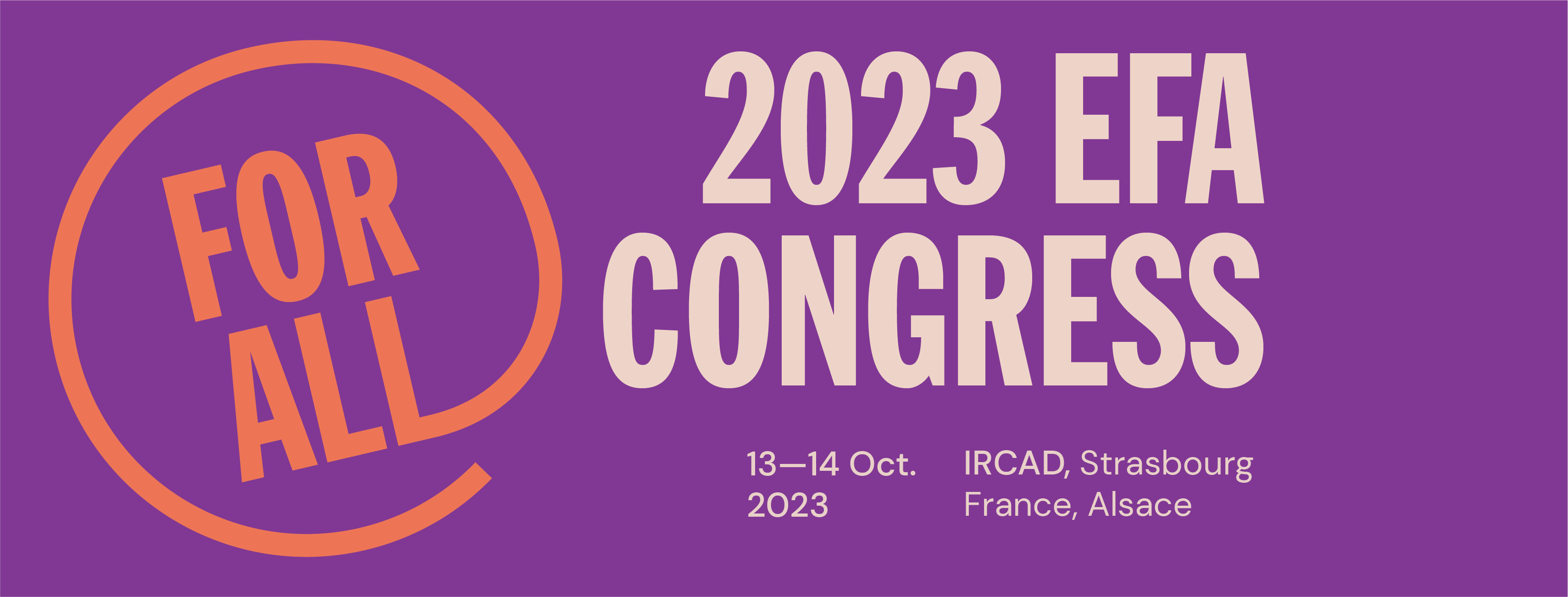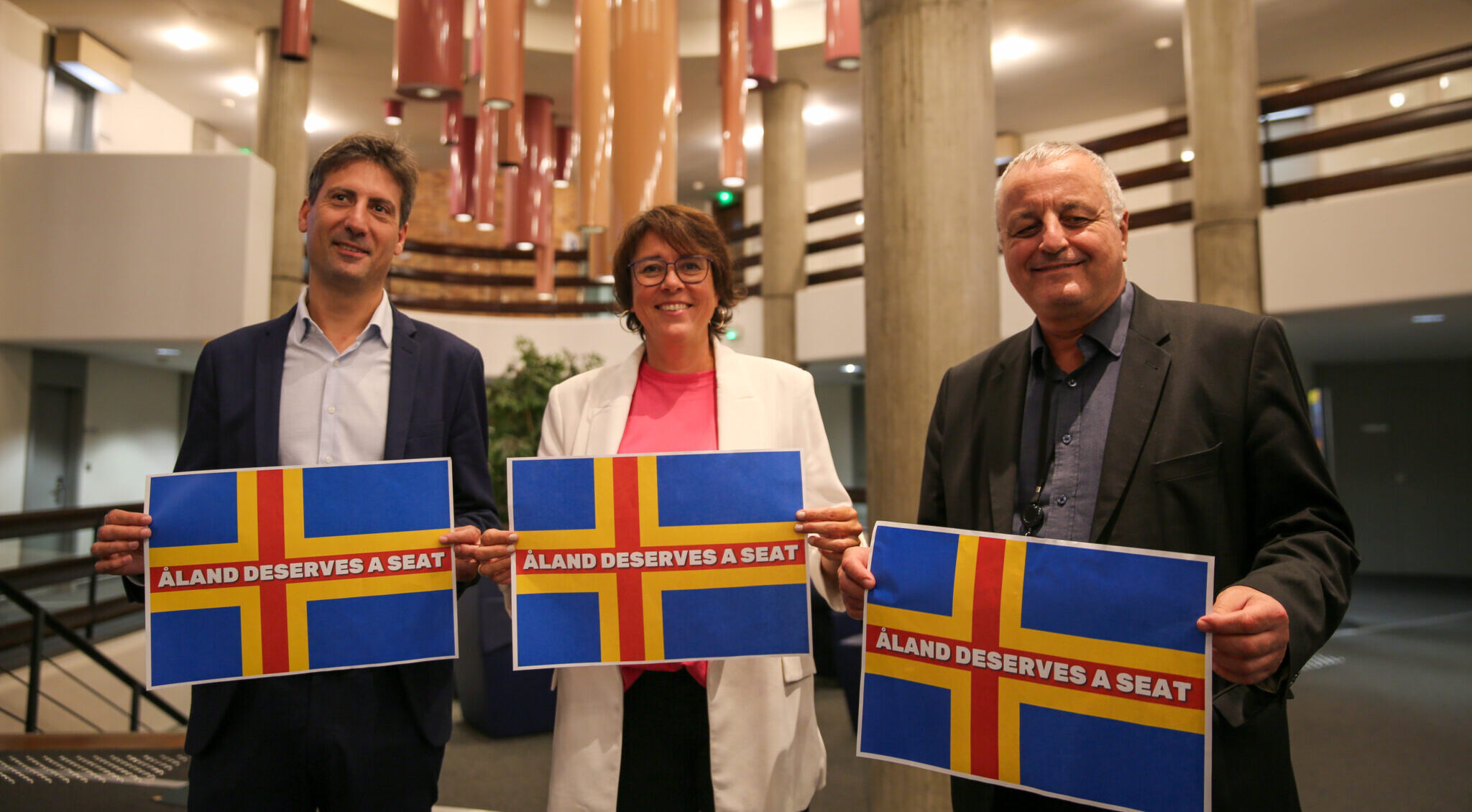Op-Ed – Normality is not an option: the post-pandemic Union must be a new Europe of All Peoples
Today we celebrate Europe Day immersed in an unprecedented COVID-19 crisis. We have heard a lot about the need to reconstruct Europe, but normality is not an option: the post-pandemic Union must be a Europe of all Peoples.
Read our full Op-Ed on the future of Europe published on Euractiv website to mark Europe Day 2020
*****************************************
The 9th of May marks the presentation of Robert Schuman’s eponymous declaration, considered one of the most important founding events in the history of the European Union. Europe, however, is a process and not an event. Its shape and direction are constantly evolving. Since the outbreak of COVID-19 there has been plenty of opportunity for reflection, and the new Commission’s Conference on the Future of Europe takes on a whole new meaning. What was once yet another flagship programme with limited relevance and impact outside the institutional bubble, must now deliver true transformational change for the better.
There are by now thousands of opinion pieces about the post-corona situation, generally along the lines of and how Europe cannot go “back to normal”. This is something that we know all too well in the European Free Alliance.
A ‘normal’ EU is one which turns a blind eye as voters are beaten along the avenues of Barcelona. A ‘normal’ EU is one in which many citizens are unable to speak their mother tongues in the European institutions. A ‘normal’ EU is one which renders our cultures and identities practically invisible on an international level. Normality after this crisis is not an option.
As a pro-European party, the European Free Alliance is the political home for a number of underrepresented and minority communities across the EU and beyond. From Scotland to Silesia, Catalonia to Corsica, and Brittany to Bavaria, there exists another more colourful and diverse Europe. We give these nations, linguistic communities, and minorities who have so much to offer a strong voice in Brussels. The European Union’s motto is ‘United in Diversity’, but we know that this is not the case in its current form.
EFA has been building sub-state solidarity since 1981. Our hard-working MEPs champion not only their own causes, but work in solidarity for the cause of self-determination across Europe and beyond. In the Committee of the Regions we work with the European Alliance, and EFA’s influence and political activity is significant considering its size.
Many communities represented in EFA are geographically peripheral or economically marginalised – those communities that are disproportionately affected. In a recent Bruegel webinar on coronavirus, Commissioner Gentiloni quite rightly commented that we must avoid ‘asymmetric suffering’ in what is a ‘symmetrical’ crisis. Like the climate emergency, this crisis respects neither borders nor institutions, and all peoples deserve protection and help. Work must be done on every level – respecting the principle of subsidiarity – to limit this asymmetric suffering across Europe.
A mechanism to fully recognise the geographic variables and cultural diversity of the Union is needed, bringing European programmes more in line with reality and as a means of increasing solidarity. The EU could be a world leader on this, if there is political will.
We know that comprehensive Europe-wide fiscal tools and solidarity mechanisms are required to lift us out of the crisis, but without the full involvement of Europe’s sub-state actors – its stateless nations, its local governments, its regions, its minority communities – we risk undermining our own efforts and losing this opportunity for change. It is often devolved administrations or sub-state governments that are in charge of healthcare and other essential public services.
Though not uniformly, many authorities are starting to move into the next stage in managing the crisis, publishing phase-out strategies and easing restrictions. The Basque Country – where I am from – is divided in two by the French-Spanish border, whose state governments have differing approaches to phasing out lockdown. The Irish case is also interesting. The negligence of the UK Government is in stark contrast to the Republic of Ireland’s proactive handling of the crisis, which is being clearly reflected by the statistics on either side of the border.
If the Conference on the Future of Europe is to bring about real change, then it must to be taken seriously. The European Parliament must have a much stronger role in leading political initiatives. A Citizens’ Assembly could be established in order to consult the people of Europe on the treaty changes the European Union so desperately needs in a transparent, open, and participatory way. The old EU was created from the top-down. The Europe of the 21st century must now be reshaped from the bottom-up.
As always, the future remains uncertain. What is certain, however, is that deep structural change is needed for the EU to flourish rather than falter in the face of its multiple crises. Though we are in the midst of a pandemic, the problems that have been exposed in our economies, our societies and our politics are endemic. The collective imagination of people around the world is engaged like never before, visualising how the system could be different.
On the one hand, there is the suffering, the strain on underfunded healthcare services, job losses and precariousness, gender inequalities, disruption to our economies and so on. On the other, we have people who are able to spend more time with their families, are rediscovering their creativity, can see the stars and hear the birds sing for the first time in cities, and are realising who are the true essential workers in society.
In a system which seemed so completely fixed and unchangeable, the supposedly inherent structural injustices have now been shown to be the result of ideological choices. The duty of our European institutions must now be to provide the framework and the support for citizens to lead and be the change that they want to see.
Now is the time to build a new and inspiring Europe fit for the 21st century, a more diverse Europe, and a Europe based on equality, sustainability and true international solidarity. Now is the time for democracy to come closer to its citizens and to decide on the future we want to build, together. Now is the time for a Europe of all peoples.
Read the full op-ed in Euractiv website
Media coverage
No es un día de Europa como otro cualquiera (Naiz)
No es un día de Europa como otro cualquiera (Noticias de Álava)
Gaurkoa ez da beste Europako Egun bat (Berria)
l’Union post-pandémique doit être une nouvelle Europe de tous les peuples (Africa Daily News)
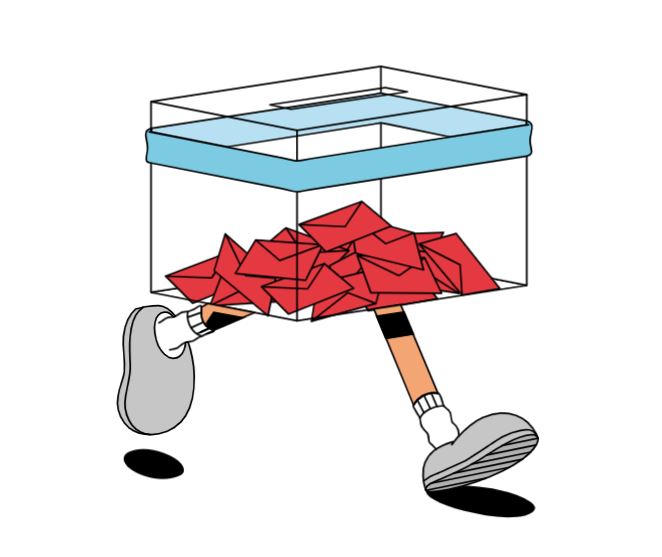
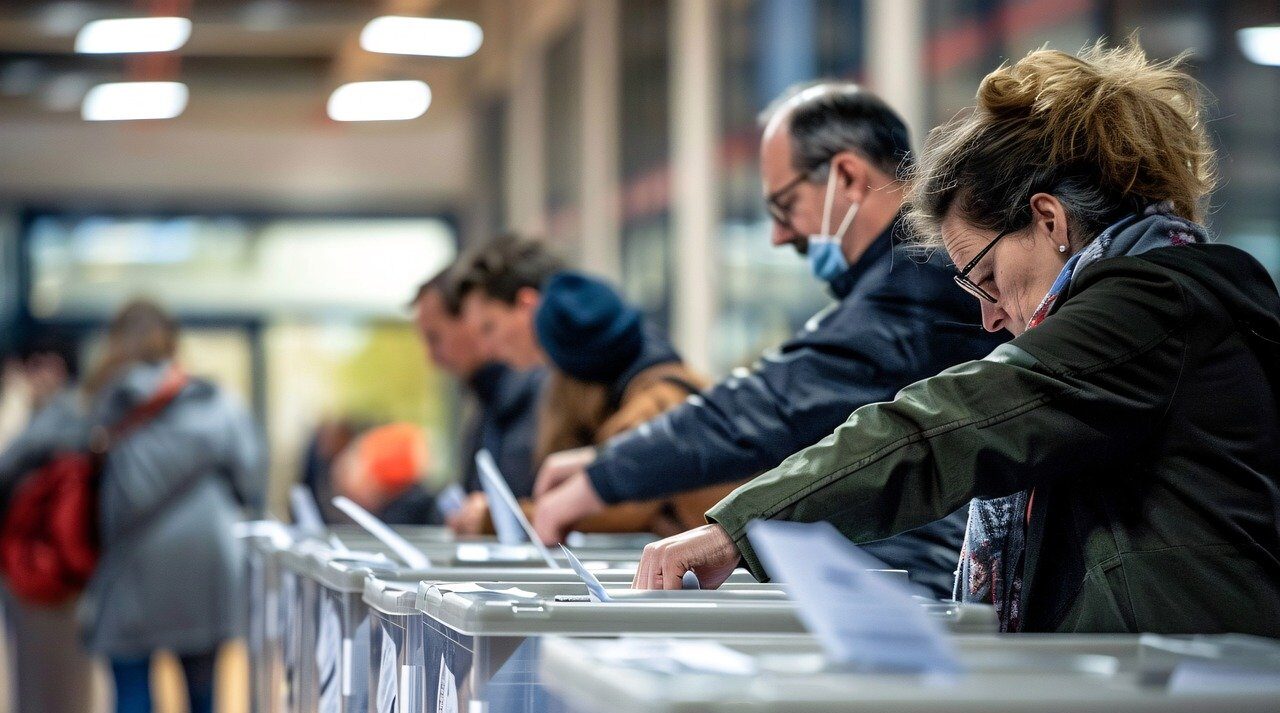
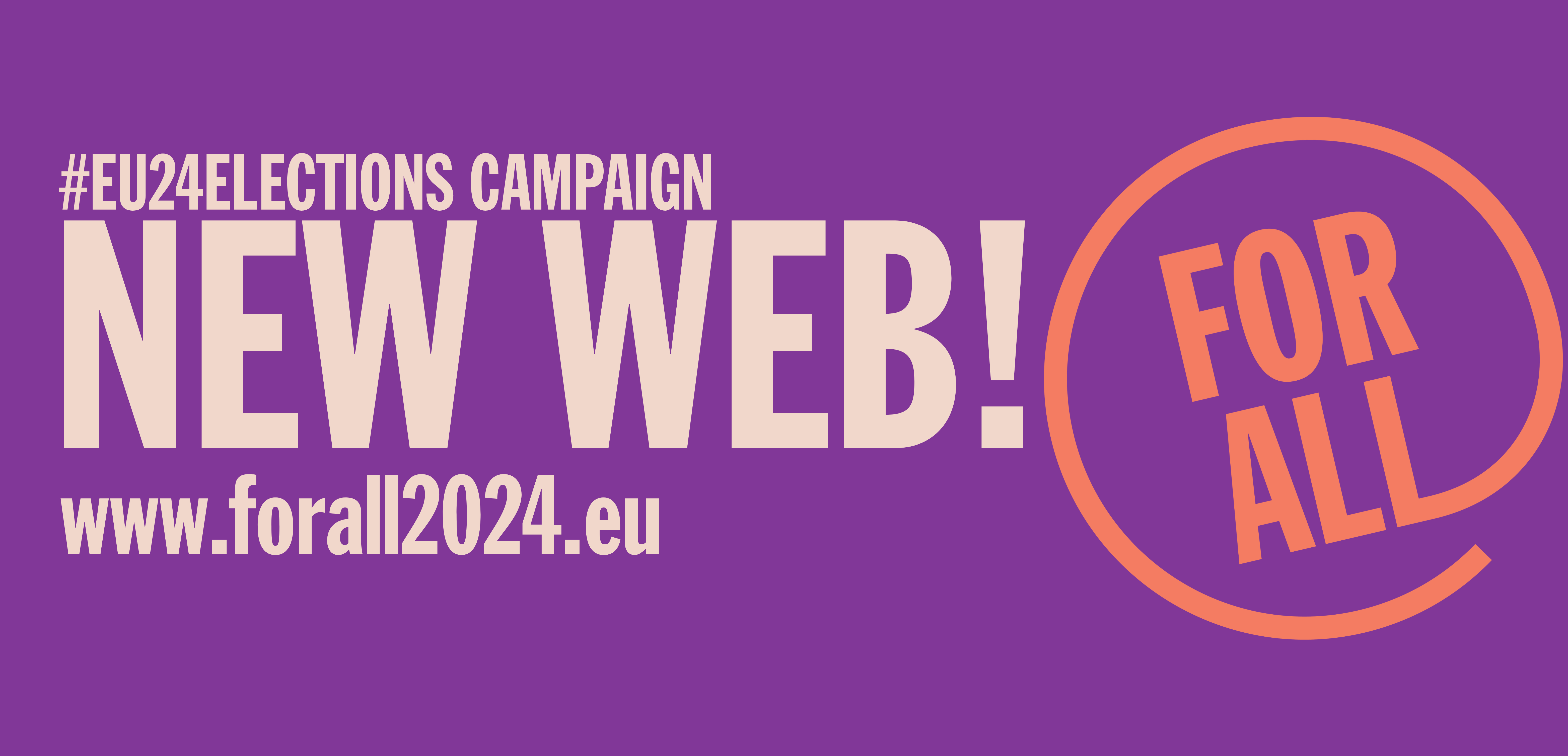

![[UPDATE] EFA expels Latvian Russian Union](https://e-f-a.org/wp-content/uploads/2023/04/blue-gae9f38ab3_1280edited.jpg)
